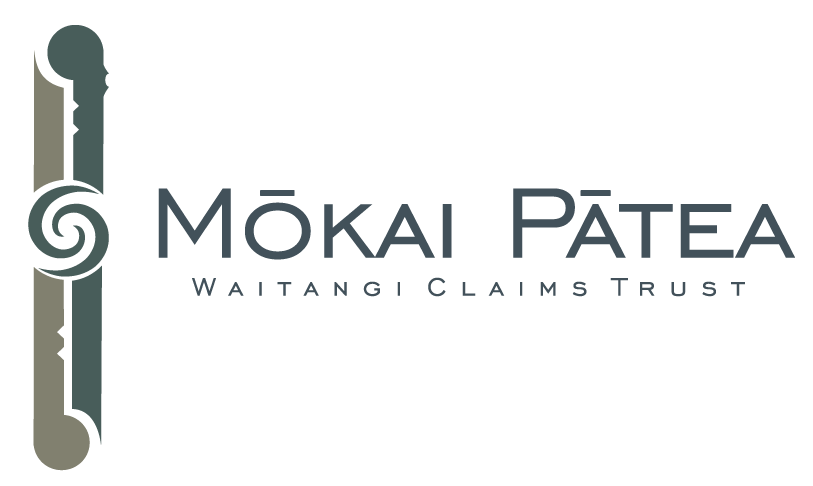The claim

The settlement process
The settlement of an iwi’s claims against the Crown for breaches of Te Tiriti can be a time-consuming and costly process. The confederated iwi of Mōkai Pātea decided to undertake their claims through the Waitangi Tribunal rather than entering direct negotiations with the Crown initially. This decision is always under review to ensure that the best outcomes can be gained for all of the confederated iwi of Mōkai Pātea.
In 2016 and 2017 the indications were that enough evidence and research had been compiled in preparation and participation in the Waitangi Tribunal to provide the basis to commence seeking a mandate to enter into direct negotiations with the Crown.
The Office of Treaty Settlements accepted that the confederated Iwi of Mōkai Pātea met their requirements, as a Large Natural Group to commence the process of seeking a mandate (support of the people) to enter into direct negotiations with the Crown.
In more recent years the Crown has allowed groups to be involved in both the Waitangi Tribunal Hearings and the Direct Settlement process. Mōkai Pātea Waitangi Claims Trust confirmed with the Crown that it could be involved in both the Waitangi Treaty path and the Direct Negotiations path.
Te Arawhiti published the Mōkai Pātea Waitangi Claims Trust draft mandate strategy with a call for submissions in December 2017 as part of the Direct Negotiations path. The Mandate Strategy outlines who Mōkai Pātea Waitangi Claims Trust will represent in negotiations with the Crown. The Claims Trust also continued in the Waitangi Tribunal hearings throughout 2017 and 2018.
In May 2019, the second part of the Direct Settlement path commenced with the amended draft Mandate Strategy being published and a vote-seeking the approval (mandate) of those who whakapapa to Mōkai Pātea occurring during June 2019. Mandate hui as required by this part of the process were held in Taihape, Whanganui, Wellington, Tokaanu, Hastings and Auckland to present the Mandate Strategy and provide an opportunity for questions on the Mandate Strategy. In June 2019, the vote was independently run by Independent Election Services, who run a number of election processes in New Zealand. The vote results declared by Independent Election Services was that 80.13% of those that voted supported the resolution. The resolution being: That the Mōkai Pātea Waitangi Claims Trust is mandated to represent the claimant community in negotiations with the Crown for the comprehensive settlement of all of the historical claims of Mōkai Pātea Nui Tonu.
Participation in the Waitangi Tribunal Hearings also continued throughout 2019. Delays to the hearings timetable extended the Hearings through to 2020. Original timeframes had considered Waitangi Tribunal Hearings being completed by mid-2019.
In 2020 the Waitangi Tribunal Hearings have been delayed again with Covid-19. The Tribunal is yet to release the timeframe for the remaining hearings. In May 2020 Te Arawhiti have published the Mōkai Pātea Waitangi Claims Trust draft Deed of Mandate for submissions. Submissions close on 15 June 2020 at 5 pm. The draft Deed of Mandate is a further review and documentation from the Mandate Strategy. It also records the steps taken to reach this stage, including the mandate vote and results. This is the final step in the process of seeking a Mandate to commence direct negotiations with the Crown. At the end of this process the Crown will determine if Mōkai Pātea Waitangi Claims Trust on the balance of all steps taken to this point have the Crown’s approval to progress to the negotiation table.
For information on the Mandate Strategy is on the Documents page of this web site, see this link to the documents page.
The Draft Deed of Mandate has its own documents page, see this link to the draft Deed of Mandate.
For more information about the claims process please see these links to the Waitangi Tribunal and the Crown Forestry Rental Trust websites.

The Mōkai Pātea Claims
The Waitangi claims which have been lodged with the Tribunal, and which are currently part of the Trust are:
- Wai 1705 (a comprehensive Mōkai Pātea claim, on behalf of Ngāti Hauiti, Ngāi Te Ohuake, Ngāti Whitikaupeka, and Ngati Tamakopiri)
- Wai 385 (focused on the Utiku Township and related concerns)
- Wai 581 (Ngāti Hauiti claims)
- Wai 588 (issues relating to Oruamatua-Kaimanawa)
- Wai 647 (Awarua claim and related concerns)
- Wai 1888 (Ngāti Whitikaupeka claim)
- Wai 2091 (mana wahine claim on behalf of whānau and hapū of Ngāti Hauiti)
- MRI (source of the Ngaruroro River and related issues)
Other claimants are always welcome to bring any claims which are in the Mōkai Pātea rohe into the Trust. Please make contact with the Claims Manager. The Mōkai Pātea Waitangi Claims Trust is maintaining a close watch on the freshwater claim filed by the New Zealand Māori Council, because of the significant interests in freshwater in this rohe.
Each of these Mōkai Pātea claims has its own statement of claim. These claims are able to be amended as the historical research is undertaken, and to update the claims since they were first filed with the Tribunal. The claims focus on the fact that the whānau, hapū and iwi that comprise Mōkai Pātea exercised tino rangatiratanga over the rohe, in accordance with their tikanga. These include ancestral lands, and the awa and other resources within the rohe.
The claims against the Crown include the introduction of Native Land Court processes which failed to provide for Mōkai Pātea customary rights, and failed to provide sufficient lands, the environmental destruction of waahi tapu and mahinga kai.
The Waitangi Tribunal process itself falls into three broad phases:
- Interlocutory and preliminary stage: Judicial conferences are called to determine a research programme for the Inquiry, to identify claimants and any jurisdictional and boundary issues, and to set timeframes for the hearings. The Taihape Inquiry is in this stage at present, and we are awaiting a date to be set for the next Waitangi Tribunal judicial conference, which will confirm the research programme for Phase II. Research will then be undertaken.
- Hearings stage: Claimants present their oral and traditional research in the hearing stage. Also, historians commissioned by CFRT or the Tribunal present their evidence, and are questioned by the parties. The Crown also presents its evidence.
- Submissions and Report writing stage: Legal submissions are filed, and the Tribunal writes the report.
The Trust has engaged legal counsel to assist with its claims. Leo’s bio follows:
Leo Watson – Legal Counsel
Leo is a barrister and solicitor based in Napier, with extensive experience in Māori land and Treaty of Waitangi law. Leo graduated from the University of Otago with a Bachelor of Laws (First Class Honours) and a Bachelor of Arts (Māori Language and Customs). He has worked as a lawyer since 1997 representing whānau, hapū and iwi in matters relating to land rights, Public Works, natural resources, oil and gas, radio spectrum, fisheries, foreshore and seabed, and constitutional change. For more information about Leo please visit his website.
Registration is easy!
Download the Registration Form, fill in the relevant details and send it back to the Trust on the address on the form or give to one of the Trustees for your iwi.


